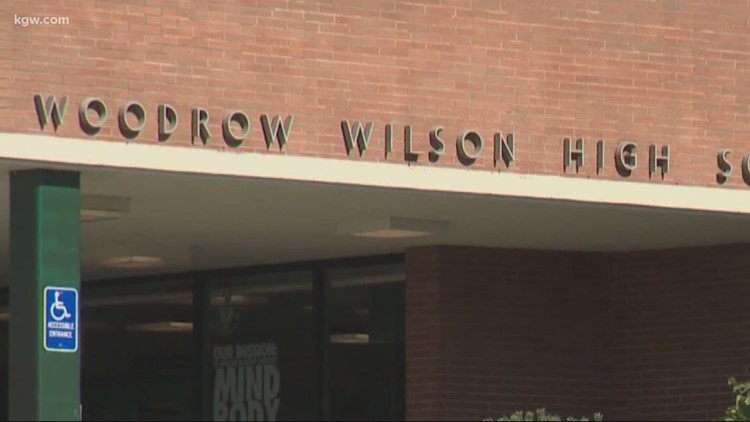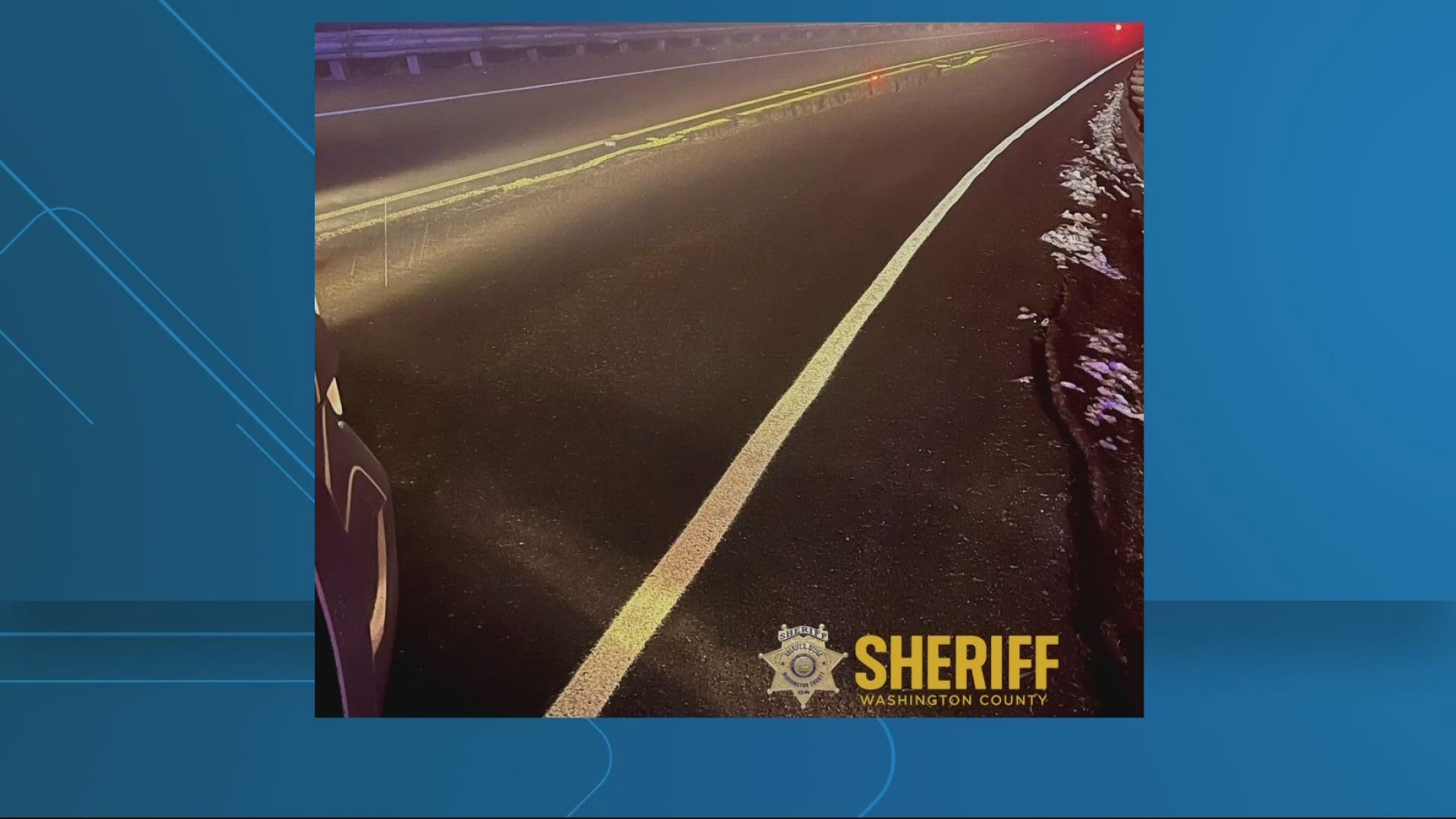PORTLAND, Ore — Wilson High School in Southwest Portland will be renamed after a Black woman who made a historical impact on society.
The board of Portland Public Schools (PPS) decided to change the school's name in July in response to the racial justice movement that followed the death of George Floyd in Minneapolis.
Built in 1954, the high school was named for former Pres. Woodrow Wilson, whose administration segregated federal offices. Wilson also wrote a book considered sympathetic to the Ku Klux Klan.
A committee tasked with renaming Wilson High has come up with five candidates after whom the school could be renamed. The committee is asking for feedback from the community on the candidates, which can be submitted online through Jan. 1, 2021.
Here are the five finalists and information about them from various websites:
Beatrice Morrow Cannady
Beatrice Morrow Cannady worked as a reporter and editor for the Advocate, an African-American newspaper, starting in 1912 before taking over as the paper's publisher and owner in 1930.
Cannady helped found the Oregon chapter of the National Association for the Advancement of Colored People (NAACP) in 1914.
Mercedes Deiz
Mercedes Deiz became the first Black female lawyer in Oregon in 1960. She was also the state's first Black female district court judge and first Black woman to be elected as a county circuit court judge.
Sojourner Truth
Sojourner Truth was an abolitionist and women's rights activist who was born into slavery in New York. She escaped to freedom with her infant daughter in 1826. She went to court to regain custody of her enslaved son in 1828 under a newly passed anti-slavery law and won.
Ida B. Wells
Ida B. Wells was an early leader of the civil rights movement. She was an investigative journalist, educator and one of the founders of the National Association for the Advancement of Colored People (NAACP).
Harriet Wilson
Harriet Wilson was the first African American person, male or female, to publish a novel in North America. Her novel "Sketches from the Life of a Free Black" was published anonymously in 1859 in Boston, Mass.
The high school noted in a form on its website, "Choosing to honor Harriet will allow us to reclaim the name Wilson, while at the same time turning its meaning from one of severe racism to one of hope and inclusion."



